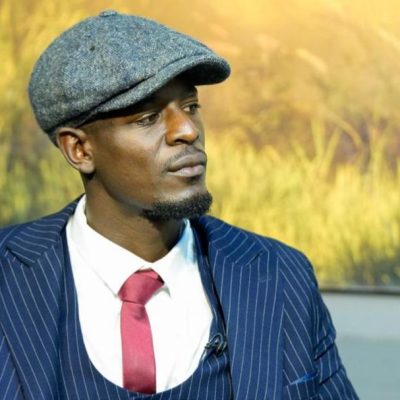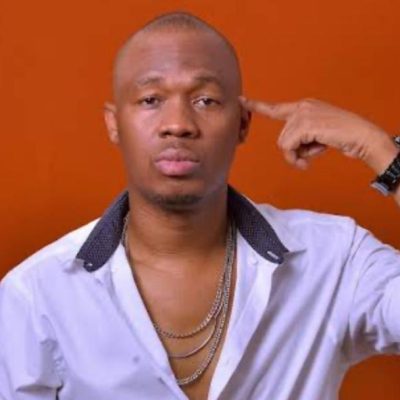Uganda at 63: If Our Forefathers Could See Us Now
As Uganda marks 63 years of independence, the air is again filled with marching bands, school choirs, and presidential speeches heavy with pride. Flags ripple across city streets, and televisions beam patriotic jingles that speak of progress and unity.
But behind the celebrations, behind the music, the fireworks, and the applause, lingers a quieter question, one that most Ugandans are too tired or too cautious to ask aloud: If our forefathers, who fought for freedom in 1962, were to walk among us today, would they be proud of what we have become?
The Dream They Fought For
When the Union Jack was lowered on October 9, 1962, and Uganda’s own flag rose to greet the dawn, it symbolized far more than sovereignty. It carried a promise of dignity, fairness, and self determination.
The architects of that moment, Benedicto Kiwanuka, Milton Obote, Ignatius Musaazi, and others, dreamed of a country governed by justice, where leadership was service, not entitlement; where the state protected its citizens rather than feared them.
They imagined a Uganda that would stand tall among nations, not because of its wealth, but because of its integrity.
The Reality We Face
63 years later, that dream feels both distant and distorted.
Yes, we have built roads, power dams, and hospitals. Our artists top international charts; our athletes carry our flag abroad with pride. Kampala glitters at night.
And yet, behind the gloss, cracks remain.
The same Kampala still floods after every rain. Villages still go dark each night without power. Hospitals run out of basic medicines. Teachers go unpaid. Youth unemployment sits like a quiet storm on the horizon.
When politics enters the scene, the air grows thick with fear. Each election cycle brings the same ritual, opposition candidates blocked from rallies, arrested before dawn, their supporters chased away by police trucks. Meanwhile, the incumbent travels freely across the country, shaking hands and promising peace. To the ordinary Ugandan watching from a dusty roadside, the question becomes impossible to ignore, is this the Uganda Police or Museveni’s police?
The Burden of Corruption
If independence was meant to free us from exploitation, corruption has bound us anew.
Public funds vanish into private pockets. Politicians steal iron sheets meant for the poor and vulnerable, smiling on television as investigations continue. During the COVID-19 pandemic, when lockdowns trapped millions indoors, the government with all its machinery could not feed 2.5 million people in Kampala and Wakiso. Yet convoys of brand new SUVs rolled through the capital soon after.
The irony is unbearable, a nation that cannot feed its hungry somehow never starves its powerful.
If They Were Here
If the men and women of 1962 could return, they would surely marvel at smartphones, high rise apartments, and music videos shot in HD.
But they might also stand in silence at the sight of armed guards surrounding politicians, guarding them not from foreign enemies, but from the very citizens who elected them. They might ask, “Did we fight the colonizer only to replace him with fear?” “Was independence meant for all or only for a chosen few?”
They might wonder why Ugandans whisper about politics instead of debating it, why justice feels selective, and why the promise of freedom has grown conditional.
A Nation of Strength, Still Standing
Yet even in disillusionment, there is something stubbornly beautiful about Uganda and its people. From the boda rider dodging potholes to the nurse working under a flickering bulb, Ugandans persist with a quiet, almost defiant faith that tomorrow can still be better. That faith, fragile but unbroken, is the country’s greatest inheritance.
We have seen it in moments of unity during floods and funerals, in the laughter of schoolchildren, and in the songs of artists who dare to tell the truth.
The Promise We Still Owe
If our forefathers could speak today, perhaps they would not raise a toast but a mirror. They would remind us that independence was never meant to be a trophy it was meant to be a test.
True freedom is not measured by the number of years since colonial rule ended, but by how a nation treats its weakest citizens, by how it listens to dissent, and by whether justice bows to power or stands against it.
They would say, “Independence was not the finish line. It was the starting point.”
And they would be right. Because until every Ugandan feels free to speak, to live, to dream, our independence remains unfinished business.






